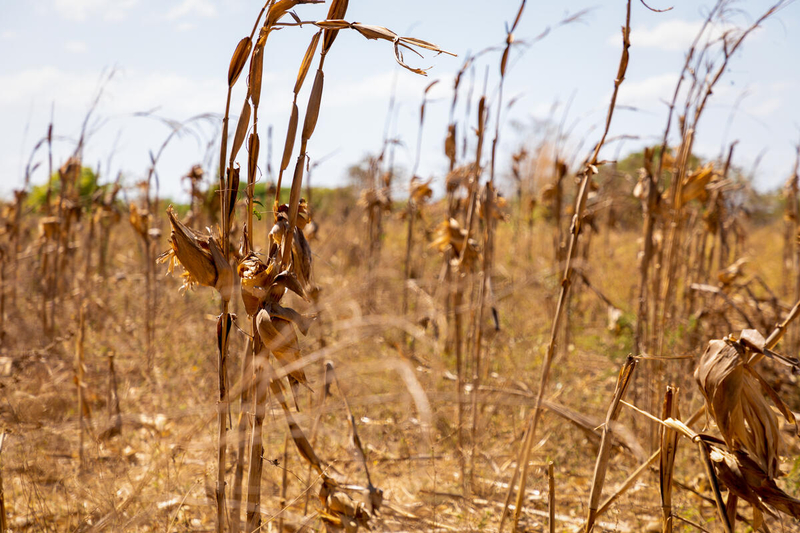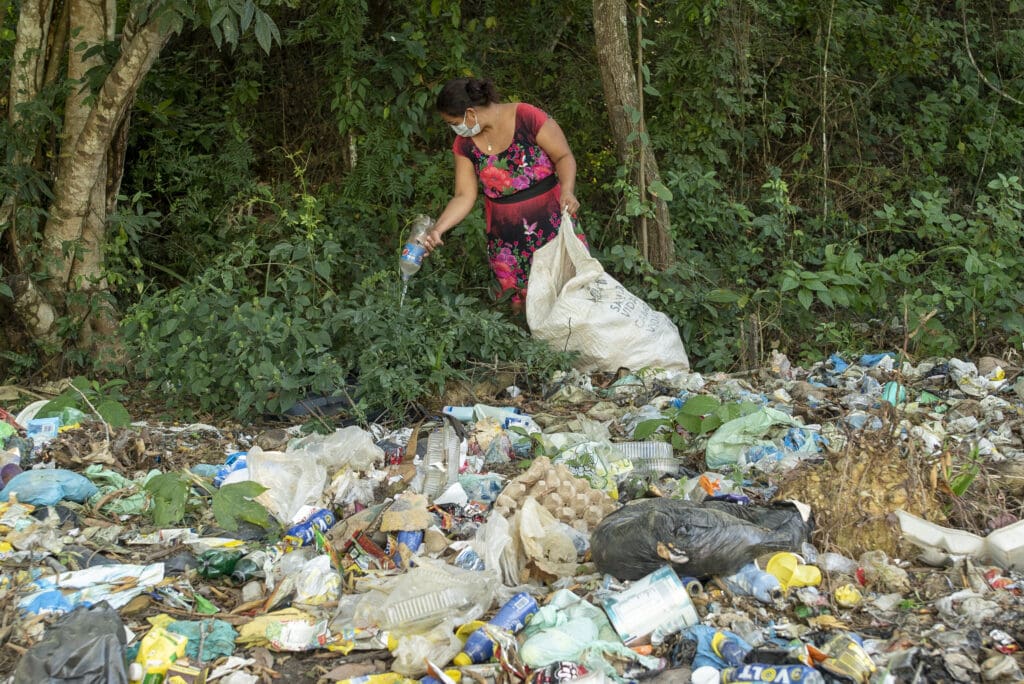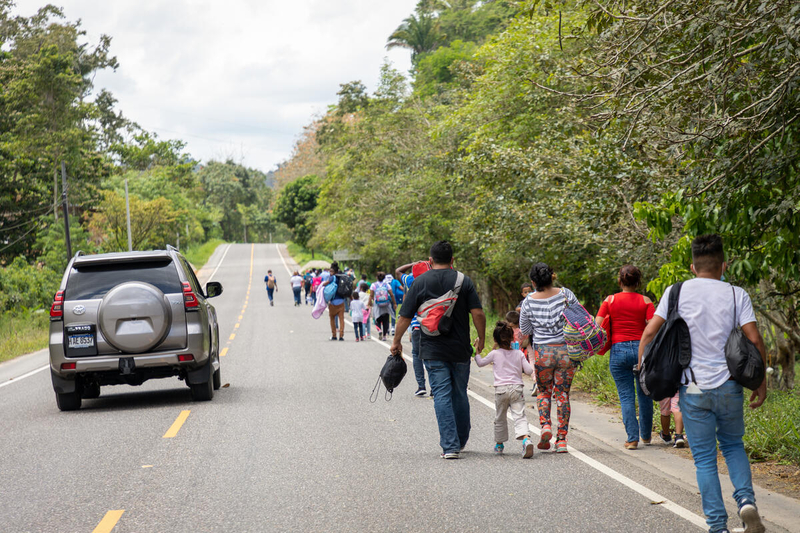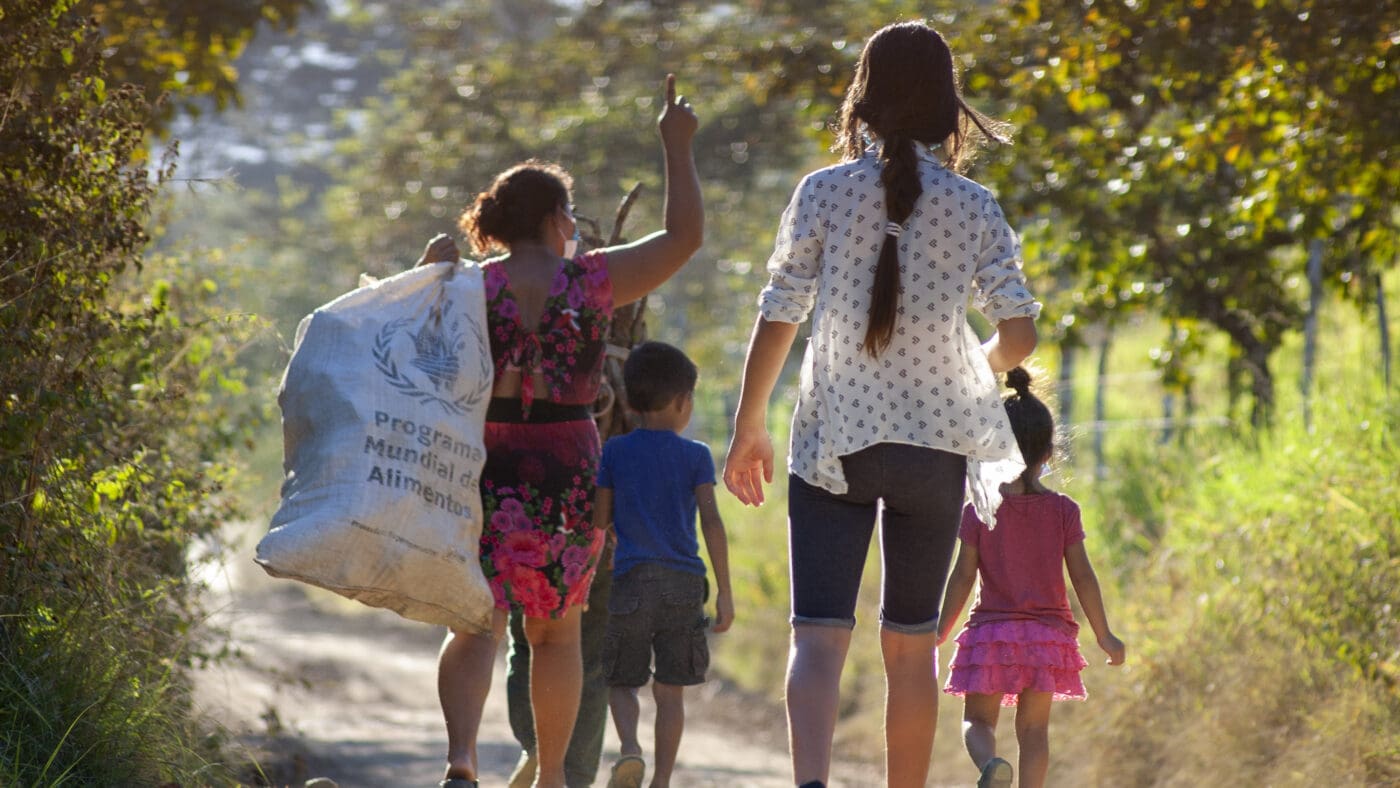
Honduras
Reeling From Violence and Poverty
Poverty is the root cause of hunger in Honduras.
Inequality, violent crime and climate extremes are making people even hungrier.
Honduras is one of the poorest countries in the Western Hemisphere. While the country’s economy is highly vulnerable to climate risks like storms, droughts and floods. Violence and poverty continue to force families from their homes.
of the population lives in poverty
children are stunted
People received aid from WFP in 2022
Honduras Facts
Population: 10.6 million people
Geography & Climate: Honduras is bordered by El Salvador and Guatemala to the west, the Caribbean Sea to the north and Nicaragua to the south. Honduras is hot and tropical in the coastal lowlands and temperate in the highlands.
Economy: Honduras is a low-middle-income country with high poverty rates and extensive income inequality. The country’s economy is based on agriculture, commerce, manufacturing and basic services.
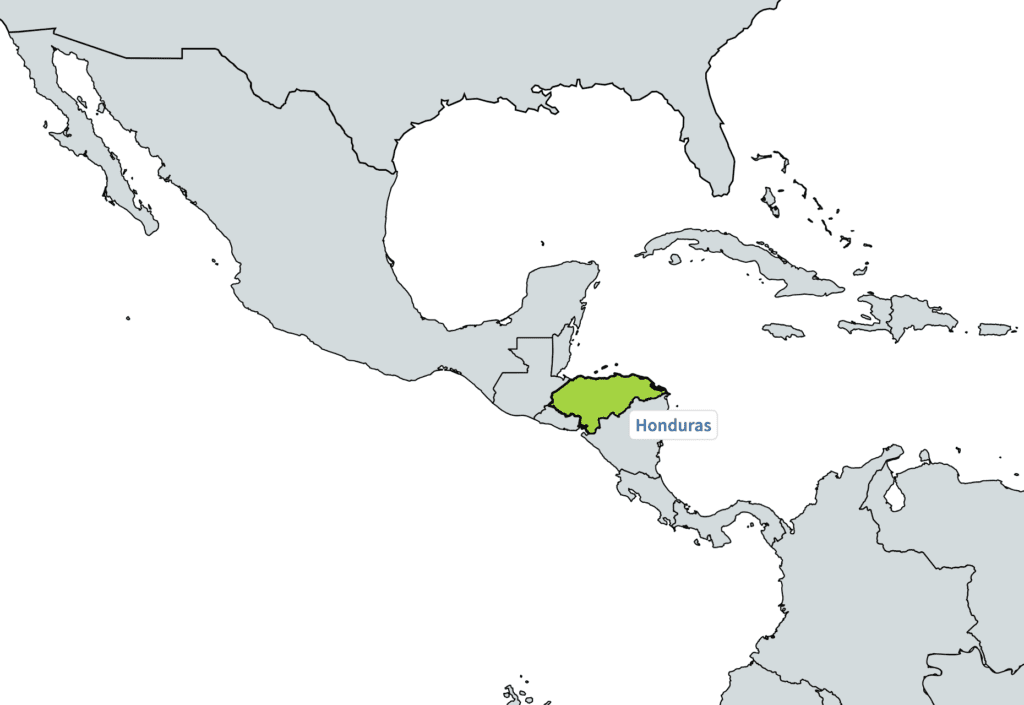
What is Causing Hunger in Honduras?
Recent history
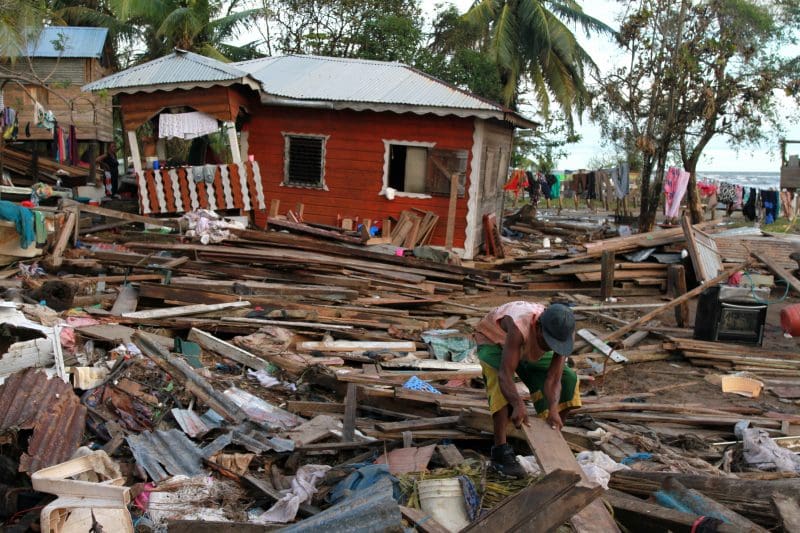
1998
Hurricane Mitch
In 1998, Hurricane Mitch devastated the country by washing away roads, farms and entire towns. The hurricane killed 7,000 Hondurans and displaced more than 1 million people. WFP responded immediately and provided 427,000 survivors with food assistance including High Energy Biscuits.
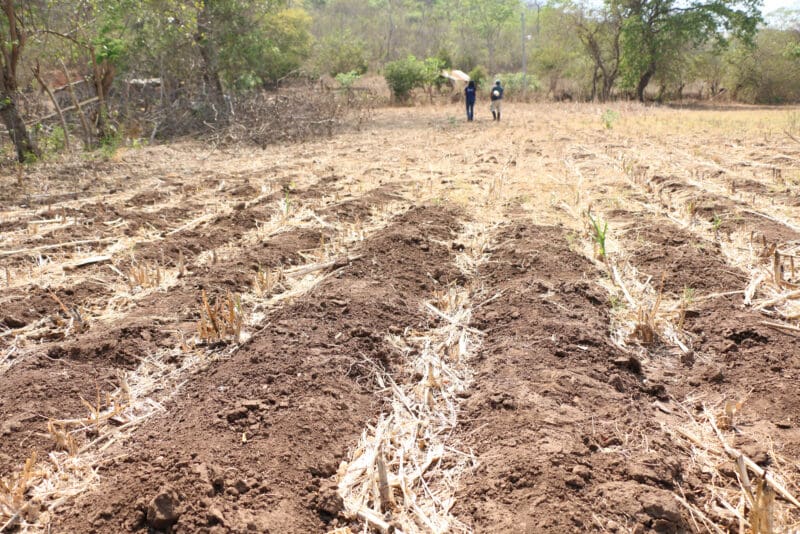
2010s
Violence and Drought
In the early 2010s, Honduras faced one of the world’s highest per capita homicide rates as gang violence skyrocketed. Today, Honduras is the second most violent country in Latin America.
Drought hit Central America in 2014. In Honduras and Guatemala, up to 75% of the corn and bean crop was lost. Thousands of cattle died. WFP supported the worst-affected households with food assistance, including through asset restoration projects like the construction of water reservoirs.
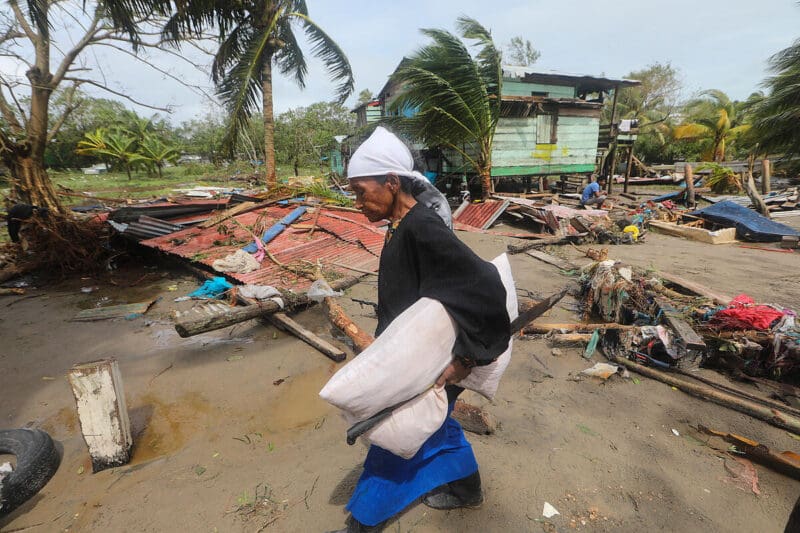
2020-Present
Hurricanes and COVID-19
Hurricanes Eta and Iota further devastated the country in late 2020, displacing and damaging the lives of 4 million Hondurans and causing nearly $2 billion in damage. The COVID-19 pandemic further contributed to high poverty rates and forced migration. In response to these emergencies, WFP provided a mix of assistance including food, cash, vouchers and support for resilience-building projects.



WFP’s Work in Honduras
Despite the challenges, here’s how the United Nations World Food Programme (WFP) is fighting hunger and helping communities build resilience to climate shocks in Honduras.
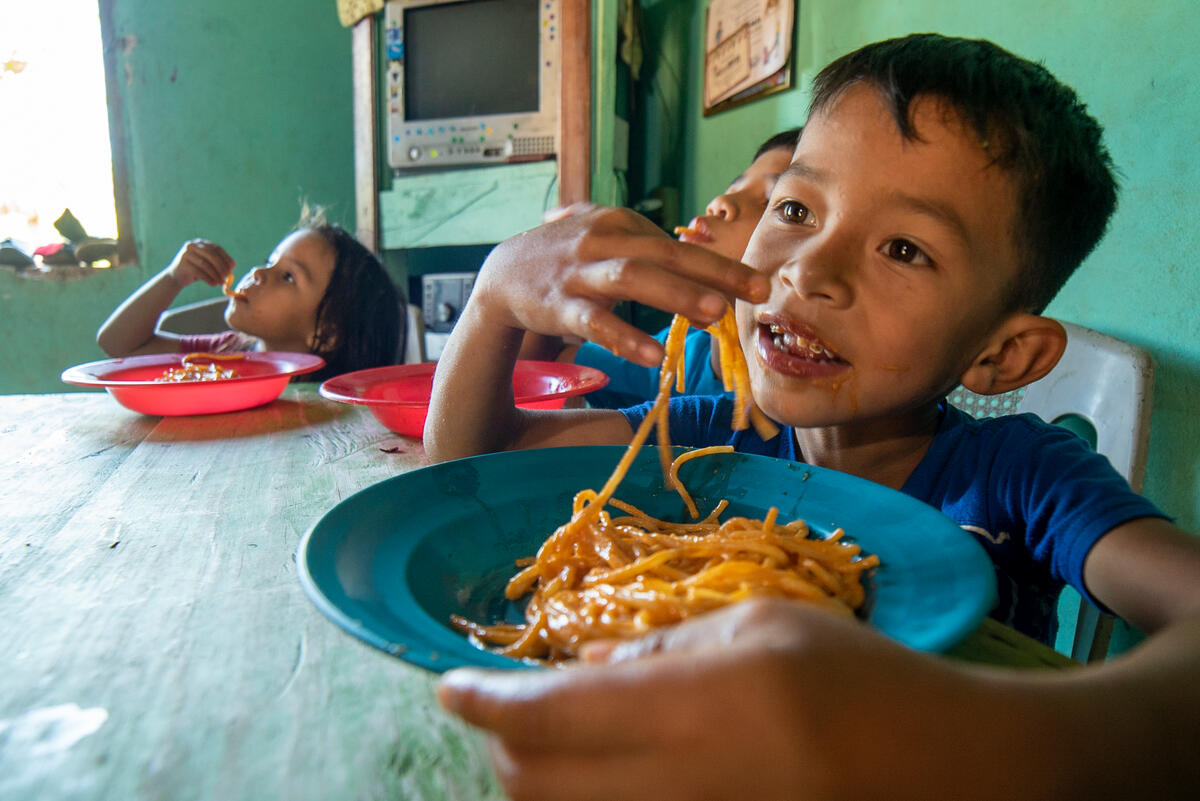
WFP is supporting the government’s efforts to provide a daily nutritious meal, prepared with fresh, locally-grown ingredients, to schoolchildren – with a special focus on children living in the most food-insecure areas.

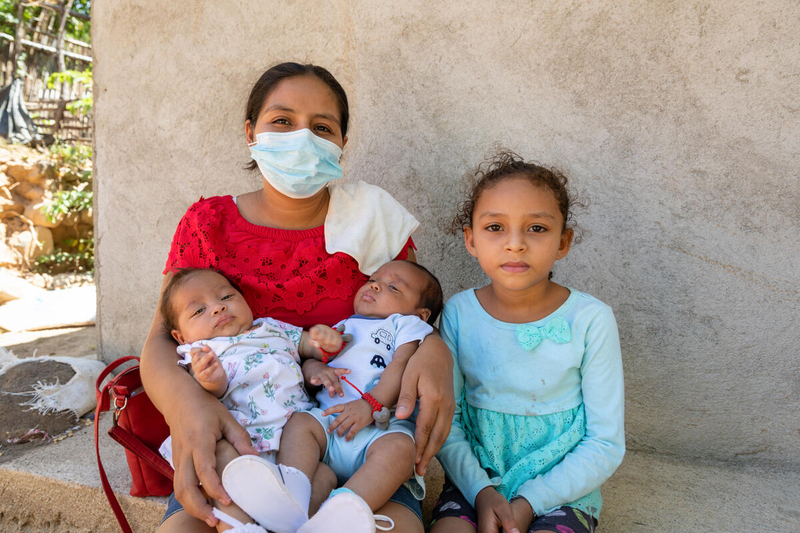
WFP provides nutrition supplements to mothers and children during the critical “first 1000 days” of life. Combined with nutrition education, the program aims to prevent stunting and micronutrient deficiencies.

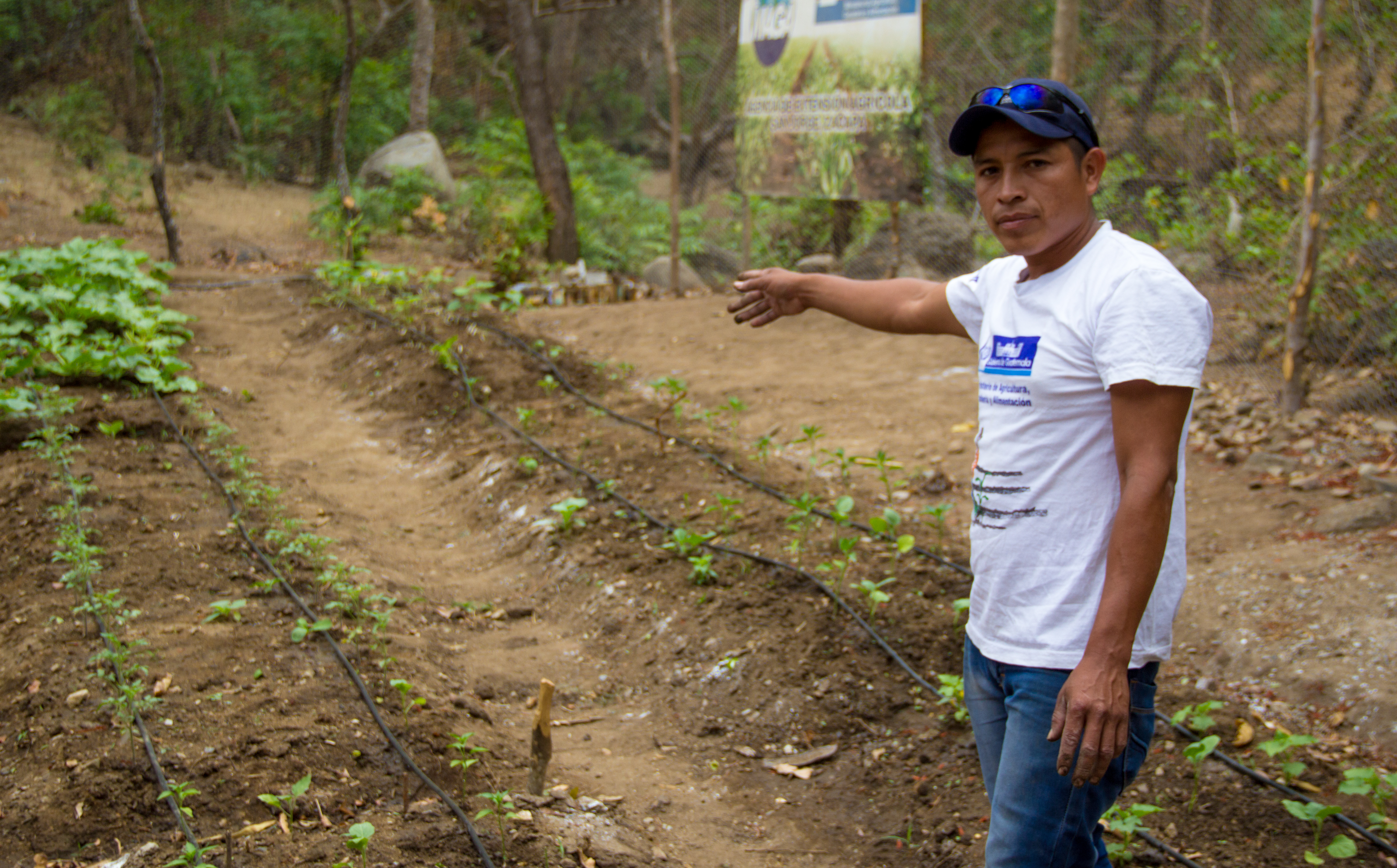
WFP supports small-scale farmers and agricultural laborers, with a special focus on women, in creating or rehabilitating climate-resilient assets to improve their productivity, income, livelihoods, nutrition and food security.

You Can Help Save Lives
When you donate, you help us deliver critical food relief to the most vulnerable people in Honduras and other countries around the world. You can make difference in someone’s life – send food today.
News & Updates from Honduras
Read the latest articles on hunger issues and WFP’s work in Honduras.
